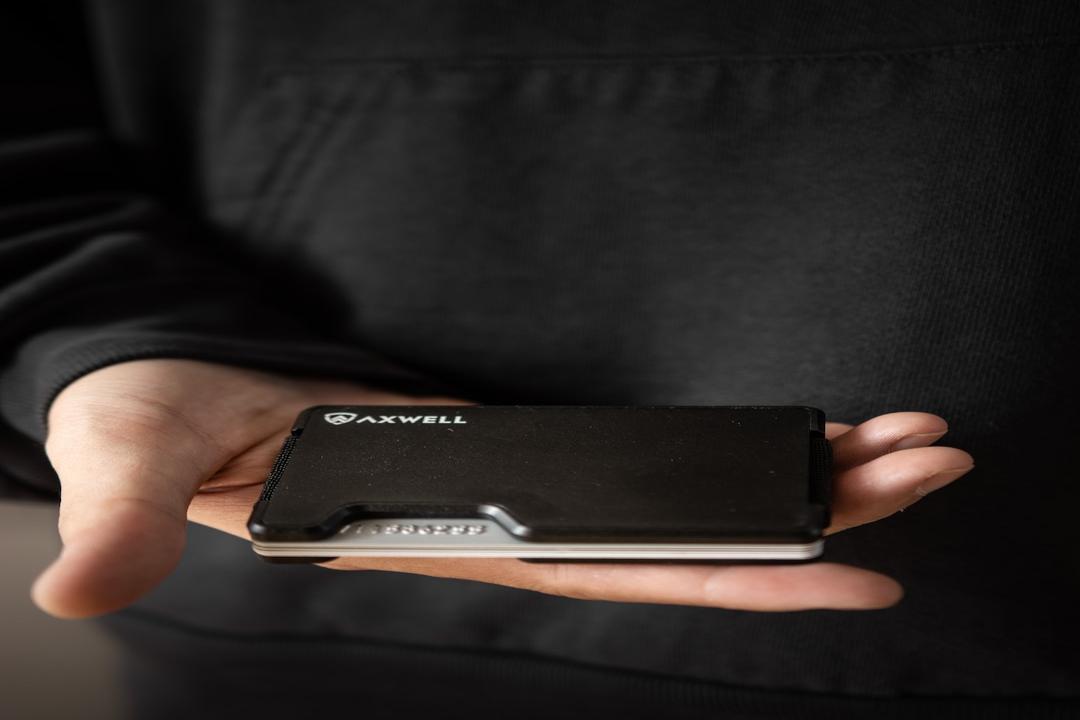The approval process for Ethereum (ETH) exchange-traded funds (ETFs) by the Securities and Exchange Commission (SEC) has sparked controversy and raised questions. There is no consensus within the crypto industry on whether the news actually signifies approval, as the SEC has yet to authorize the products for trading.
However, the focus should be on the compromise regarding staking in the ETF filings. This compromise suggests that the product providers have reached a truce with the securities regulator. It may also indicate that the SEC wants to maintain the option for further scrutiny.
The issue of staking has been a contentious one for spot ETH ETFs, with different interpretations of the Howey Test. According to the SEC, staking meets all the requirements to be considered an investment contract. The watchdog argues that staking involves investing money into a common enterprise (the blockchain ecosystem) with the expectation of profits from the efforts of others, such as validators and developers. Therefore, the SEC believes staking should be regulated as a security.
On the other hand, the opposing argument states that staking is not like traditional investment contracts. It is more akin to a technical service, involving the locking up of crypto tokens to secure the network. Additionally, the rewards are not derived from the work of validators or developers; they are coded into the smart contract itself.
The debate over staking has been ongoing, so the SEC’s capitulation is suspicious. It seems that the agency reluctantly conceded defeat on the ETFs, knowing that it still has other regulatory tools at its disposal. Therefore, it is premature for Ethereum proponents to claim a complete victory.
Approval of the S-1 filings, which would allow the ETFs to trade, is necessary. While BlackRock has reportedly updated its S-1 filing, indicating a positive sign, there is no guarantee of a swift decision. It could be approved as early as next month, but it could also take several months due to the political uncertainty in the U.S. this year.
The recent hasty approval of 19b-4 is undoubtedly a politically motivated move. The passage of the FIT21 bill, focused on crypto, through the House with strong Democratic support reflects changing views on digital assets among some U.S. government members. However, the future regulatory stance on crypto remains uncertain due to the upcoming presidential election and the potential changes in government.
Regardless of regulation, the trading of ETFs will likely lead to an increase in the price of ETH. This could also trigger an “altseason” that many have been anticipating. However, it is misguided to assume that all cryptocurrencies will benefit equally. The focus will likely remain on the Ethereum ecosystem, rather than other chains. Therefore, predictions of imminent approval for ETFs tracking the prices of Solana (SOL), Ripple (XRP), and others should be tempered. The SEC is unlikely to be as accommodating to the rest of the crypto ecosystem for some time.
Most altcoins, including Ethereum, will remain speculative investments driven by sentiment and retail interest, regardless of regulation. Institutional interest in spot ETH ETFs is not guaranteed, unlike Bitcoin. Due to the ongoing uncertainty surrounding staking, institutional investors are likely to approach ETH with caution.
Given the regulatory and political uncertainty, investors should remain level-headed. The market may experience volatility due to regulatory scrutiny, political posturing, and a lack of clarity. A sell-off in ETH and other altcoins is just as probable as a surge. The outlook will depend on the election outcome and the SEC’s stance on staking.
Being prepared for different outcomes is crucial for a successful investment or trading strategy, as binary outcomes carry high risks. It is clear that the SEC is not finished with its attempts to classify parts of the crypto ecosystem as securities, and staking may prove to be a compromise that goes too far for the regulator.

